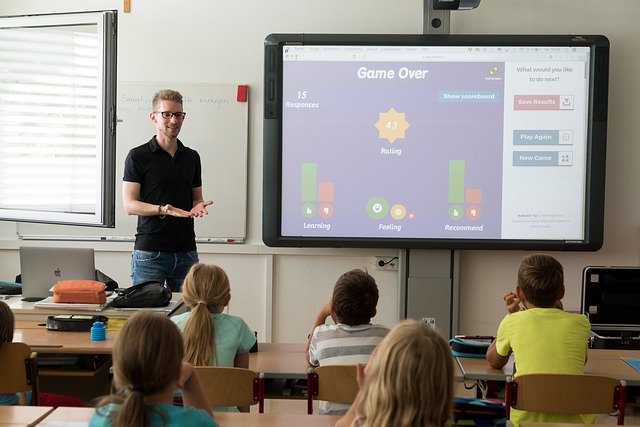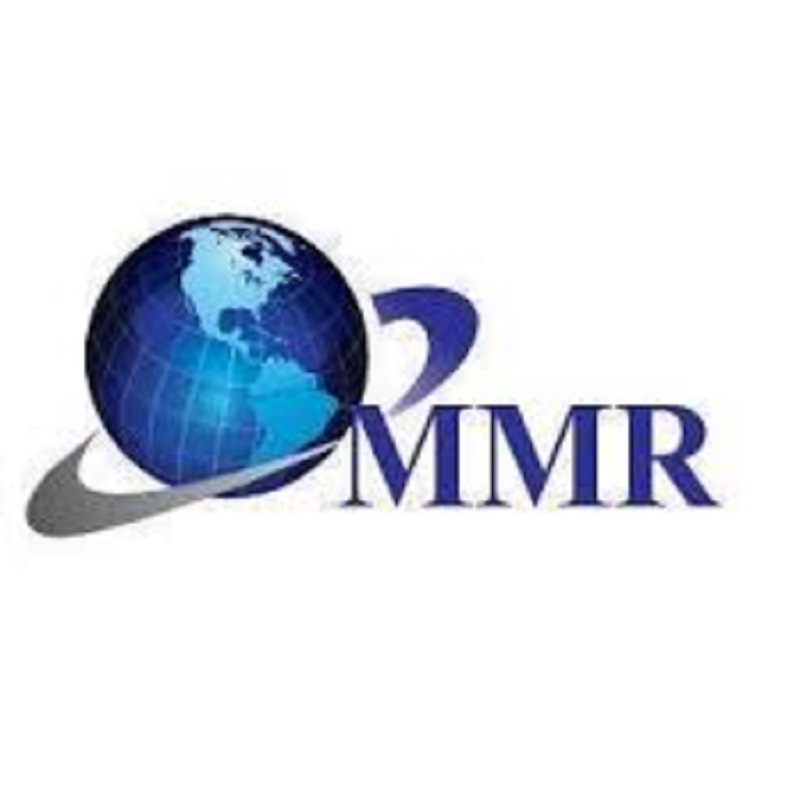
Common Competence Framework: general teaching competences
If you look at Section 1 of the CCF that was put together as a result of the CATAPULT project, you will see that there are four areas of expertise:
- general language teaching methodology
- CALL
- andragody
- affect in language education
The first area seems unquestionable: to be a good LSP teacher, one needs to be a good language teacher in general. This implies, first of all, the knowledge of how to teach languages communicatively, especially through tasks (projects in particular!) and effective content interaction.
Why CALL? Well, it’s the 21st century, the world in networked and so should be education. The recent development, triggered by the COVID-19 pandemic made this particularly clear. As a result, an LSP teacher is the one who can enhance his/her teaching with technology.
In turn, the focus on andragogy is strongly motivated by the fact that LSP pedagogy is addressed to adults (higher education) and young adults (vocational training). As a result it only seems natural that the teacher will know how to motivate the mature learner; and – even more importantly – how to involve him/her in course and activity design as well as material writing. This leads to the final area of expertise: acknowledgement of and respect to the affective domain – one of the most powerful factors in education, including adult learning of languages for specific purposes.
Did we miss anything? Are there areas of knowledge and skills that should have been included in the know-how of the general language teaching methodology? We would be more than happy to hear from you on this subject 🙂
Image: pixabay.com; CC BY steveriot1


Please sign in below
Did you forget your password? Click here
Don't have an account yet? Register here